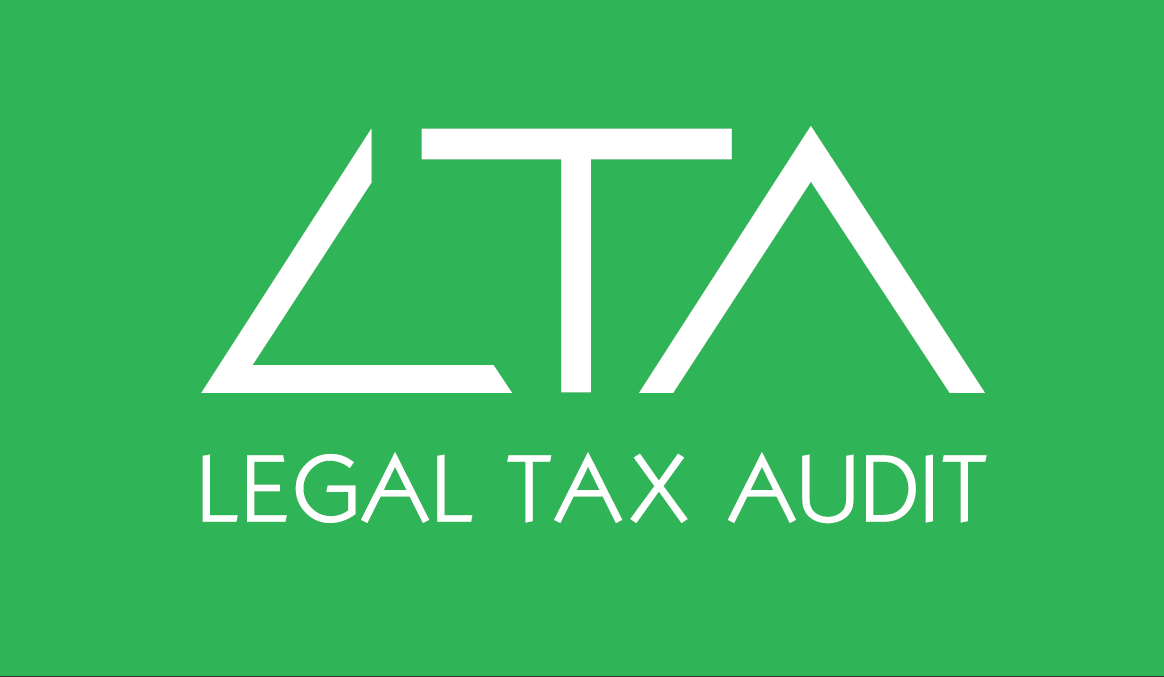Dear Clients and Partners,
In July 2021, the previous Chamber of Deputies passed an amendment to the Code of Distraint Procedure (Act no. 120/2001 of Coll.) and an amendment to another important procedural regulation – the Code of Civil Procedure (Act no. 99/1963 of Coll.) – that, among other things, bring substantial changes for all employers. This is why we would like to point out in this short article certain new features, most of which will come into force on 1 January 2022.
The amended provision of Section 33 of the Code of Distraint Procedure establishes an explicit duty of wage payers (i.e. employers) to provide distrainors with specified information upon request. Up until now, this duty had not been clearly stipulated in the Code of Distraint Procedure, and distrainors had derived it from general provisions on individuals’ and legal entities’ mandatory cooperation. Therefore, there had been some confusion about what information distrainors were allowed to request from employers; they had often requested a lot of different information about debtors or their spouses. Employers had therefore justifiably worried that by providing such information, they could breach their duty to protect personal data. In the case of larger employers, the provision of information in connection with distraints also represents a considerable administrative burden for their payroll accounting offices.
Distrainors will now be able to explicitly ask employers in writing for a closed range of information about their employee’s wage or any other income and wage deductions as well as information concerning the debtor’s employment and entitlement or right, based on which the debtor receives his/her wage. In the case that distrainors request additional information, they must justify the need for such information in their information request. Starting in 2024, employers will be obliged to provide distrainors with the given information on a special form. So-called qualified wage payers, which means employers that have more than 50 employees or generated net sales of at least 100 million CZK in the accounting period preceding the cooperation request, will be obliged to provide information electronically by means of a data file.
The Code of Distraint Procedure will now also establish the right of the payers of employees’ wages or any other income to a flat-rate reimbursement of the cost of wage garnishment in the amount of 50 CZK per calendar month (although the estimated cost of wage garnishment is unfortunately several times higher). In its distraint order to garnish wages and other income, the court will require the obliged party to reimburse the employer for the cost of wage garnishment as part of reimbursement of the cost of judgement enforcement.
The amendment also introduces a waiver of a debt, the original principal of which is up to 1,500 CZK and of which nothing has been recovered during the last three years, as well as the option of the entitled party (i.e. creditor) to ask the distrainor for a copy of the entire distraint file in electronic form, which will be sent to the entitled party on an electronic medium.
Your LTA team


 Čeština
Čeština Deutsch
Deutsch